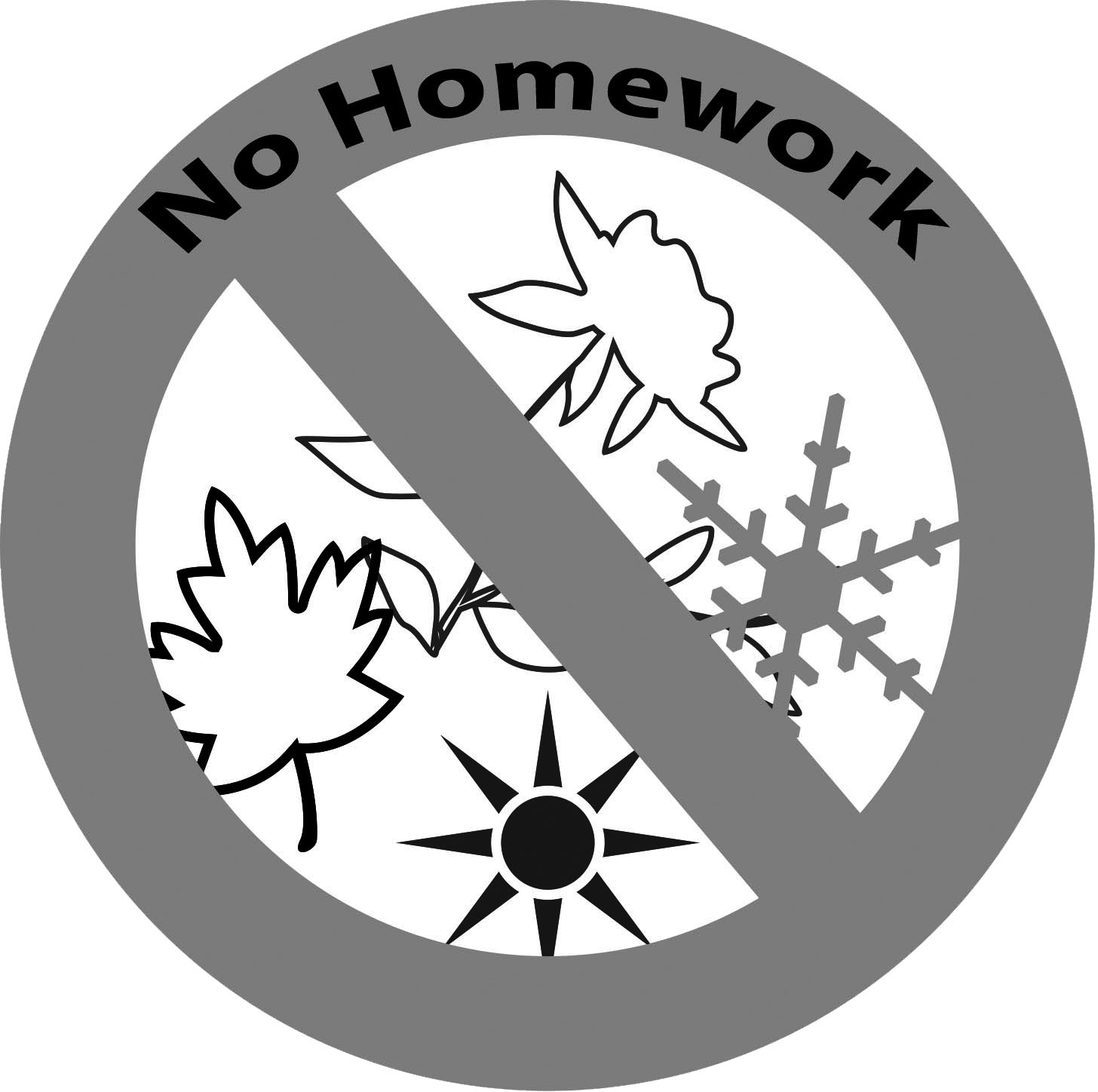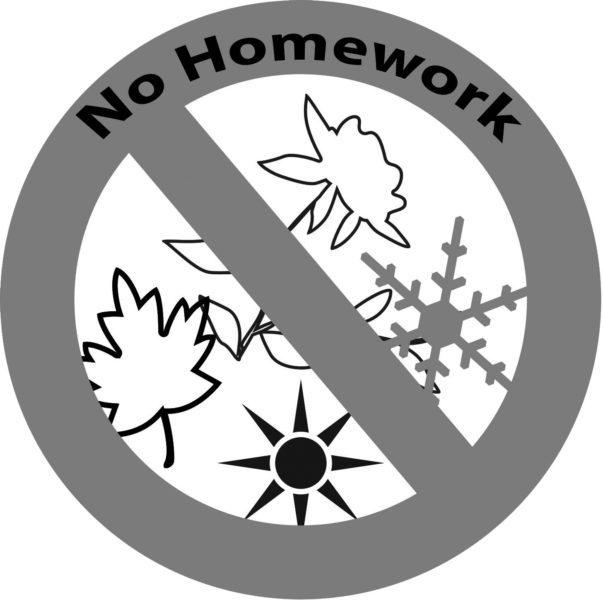

The San Mateo Union High School District passed a new homework policy on June 21 for the 2018-2019 school year. The homework committee consisted of parents, teachers, and administrators who began meeting in Oct. to review the district’s current homework policy. Outlining regulations about weighing grades and homework during holidays, this new policy covers all courses, including Advanced Standing, Advanced Placement, honors, IB, college preparatory and regular classes.
“A lot of districts across the country are reviewing homework policies in light of issues that have been raised about sleep deprivation and mental wellbeing of students,” said parent Corey Cherkas, a parent of the volunteer committee.
Recently, the issue of homework and academic related stress has become prominent to students, especially in the Silicon Valley area. A 2013 Stanford study found that 56 percent of upper middle class students attending high performing high schools in California say homework is their primary source of stress.
“A lot of districts across the country are reviewing homework policies in light of issues that have been raised about sleep deprivation and mental wellbeing of students,” Cherkas said. “The policy was basically making sure that there was equity, access and the quality of instruction.”
Some students question the reasoning behind the policy.
“It is also up to the students to decide which class to take, so ultimately, they’re deciding their homework load,” said senior Dorothy Tsai. “They should just keep it the same so that there’s not more confusion over what classes to take or how to manage time or anything.”
The final policy outlines five main requests. The policy states that teachers must communicate the approximate time an assignment will take and must set clear expectations for group projects. The policy also mandates that in classes with weighted grades, homework assignments cannot weigh more than 15 percent of a student’s overall grade.
Previously, homework could be an easy way to boost a grade. Now, since homework weighs, at most, 15 percent of a grade, other categories, such as tests and projects, have to account for a greater value.
“If you think about college, homework doesn’t really count as anything toward your grade,” said sophomore Roshni Sahu. “In a way, the new homework policy helps you get accustomed to college type classes, but at the same time, it would be really nice if you could bring up your grade a little easier with a little bit of homework.”
Deputy Superintendent Kirk Black clears up possible confusion over projects and homework assigned over vacation breaks, such as spring, winter and summer.
“The policy supports students reading and studying over the summer but prohibits the grading for credit of these activities/assignments,” Black said. “Teachers should not have graded the summer work for credit, although they could certainly use the content for class and semester work.”
Another notable difference in the homework policy is the categorization of projects and essays into the grading scale.
“Essays and projects that are worked on in class and/or completed in class would not be counted in the ‘no more than 15%’ of the grade reserved for homework,” Black said. “In terms of homework free breaks, homework would include essays and projects.”
Therefore, since homework cannot be due the day students return to class, homework must be due at a later time for projects and essays assigned over designated homework free breaks.
The homework policy hopes to develop a more meaningful policy that opens the discussion and awareness of teachers on stress related issues.
“The whole idea behind it is to make homework meaningful, well defined and fruitful,” Cherkas said. “The whole idea was that everyone could look at the homework policy and make sure they’re meeting the goal.”
Additional reporting by Kimberly Woo
